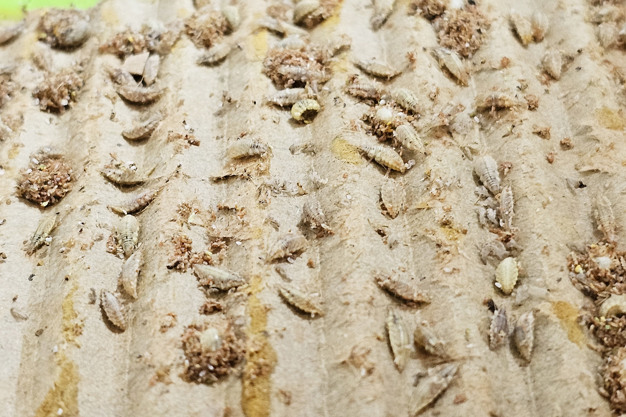In Peru, cultivating one kilo of avocados uses, on average, about 900 liters of water. Ingleby Farms' plots in the Peruvian province of Lambayeque require only slightly more than half that. This multinational company, headquartered in Denmark, has agricultural and horticultural operations on several continents.
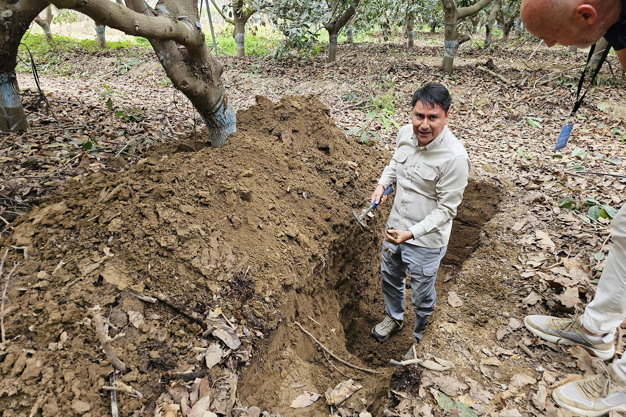
Isaías Segovia inside a trench that is dug every week next to an avocado tree to study the root system.
"It took us three years to reduce our avocado growing water needs from 900 to 500 liters," begins Isaías Segovia Romaní, cultivation manager at Ingleby Farms Peru. "We also use 30% less fertilizer. All that was done by simply improving the trees' root system using microorganisms that exist in synergy with the roots. Also, while some other growers have recorded losses of around 80% due to unfavorable weather conditions, we've lost no more than 15%."
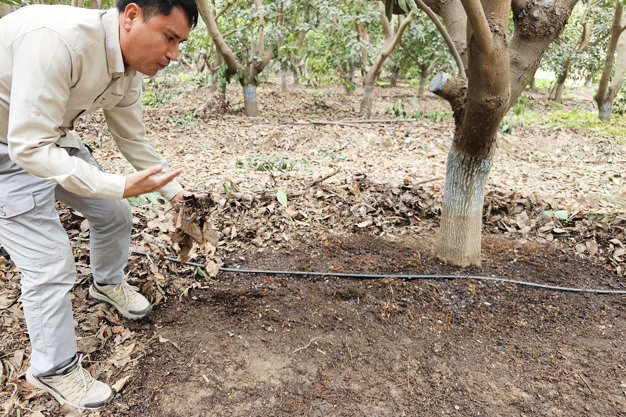
Supply of useful bacteria through drip irrigation.
Stronger roots against wetter conditions
The plantations were far too wet, thanks to all the rain brought on by the El Niño weather phenomenon. That, says Isaías Segovia, caused about 30% of the avocado trees' root system to be lost. "We introduced Trichoderma Harzianum and Bacillus Subtilis, microorganisms we produce in our laboratory, and improved the root system," he says.
"In laboratory conditions by 47% and in the field by 15%. These bacteria colonize plant roots and exchange nutrients like sugars, carbohydrates, and nitrogen, as well as minerals such as potassium and phosphorus. In field trials, we observed that two months after adding these important bacteria, they were still present in the plants' roots."
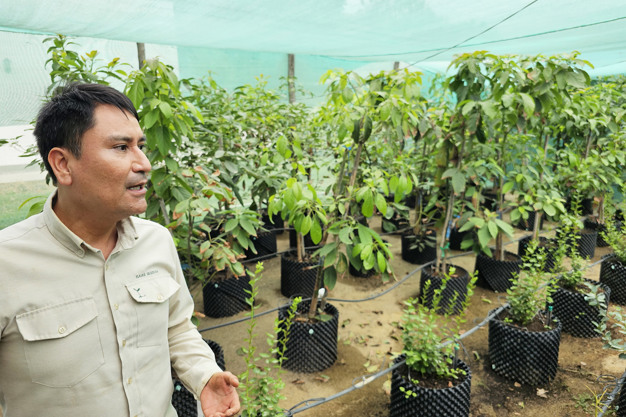
Ingleby conducts all kinds of tests on useful bacteria to determine their impact on crops.
When these same microorganisms colonize grapevine roots, their nitrogen fertilization needs are halved. According to Isaías Segovia, in avocado cultivation, root system improvement ensures the average yield per hectare reaches an unqualified 30 tons.
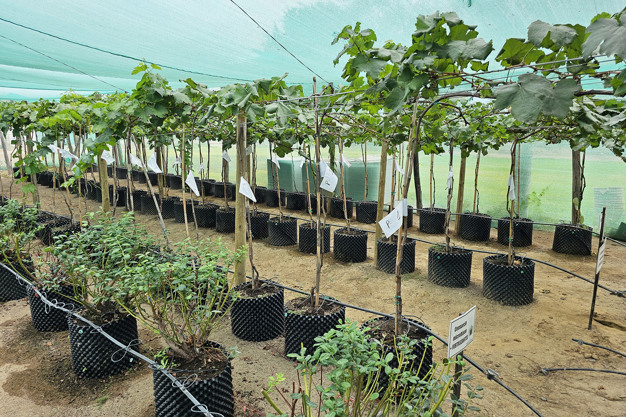
In addition to avocado trees, trials are also being carried out with blueberry plants.
Minimizing use of chemicals
Ingleby Farms Peru does not market its fruit as organic because it sometimes uses crop protection products. Their goal, though, is to minimize the use of chemicals, which are harmful not only to people but also to soil health. "As a cultivation company, we try to combine sustainability and profitability," says Isaías Segovia.
"To maintain soil fertility, especially in monoculture systems where many bacteria are eliminated due to lack of biodiversity, we try to keep microorganism levels high. To this end, we use specially designed devices to check the soil regularly."
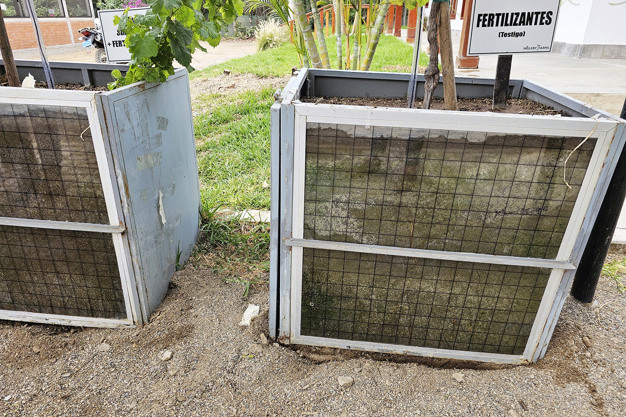
Through the glass, you can see the impact that useful bacteria have on the development of the root system.
Integrated pest control
Along with improving the trees' root systems and the soil's biodiversity, Ingleby Farms Peru's lab technicians are researching fungal and pest control. They use beneficial insects like Chrysoperla and entomopathogenic fungi - which cause deadly or severe insect diseases - to control pests.
"Under laboratory conditions, beneficial insects kill 80-90% of pests," says Romaní. "In the field, however, it depends on the weather, but in many cases, the pest mortality rate is around 50-60%. In fungicide control, for instance, Bacillus Consortium and Trichoderma Harzianum control the fungus Fusarium well."
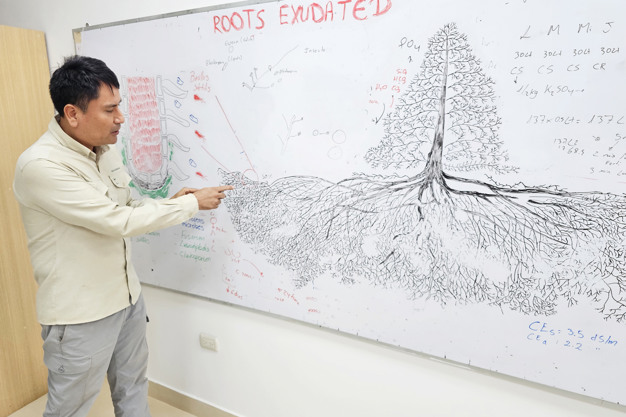
Sketch of the impact of a well-developed root system in fruit trees.
Once the trees bloom, the farm releases beneficial insects once a month. But during harvesting, when crop protection product use is prohibited, these insects are set loose almost weekly. "We place nematodes in the irrigation water against mealybugs on grapes and blueberries, fruit flies on grapes, and some beetles on blueberries. The nematodes kill the larvae in less than two minutes," Isaías Segovi concludes.
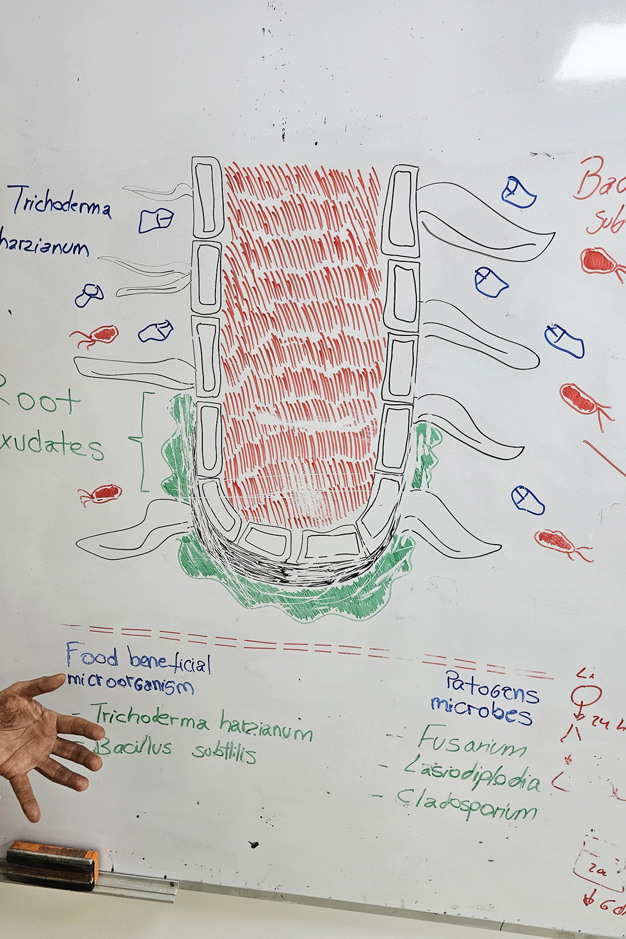
The intersection of a root.
Ingleby Farms owns 1,300 hectares in the Motupe and Olmos districts in Peru. They cultivate avocados on 700 of those, grapes on nearly 300, and blueberries on the rest. An article about this farm's various crops was published in this Peru series on May 29.
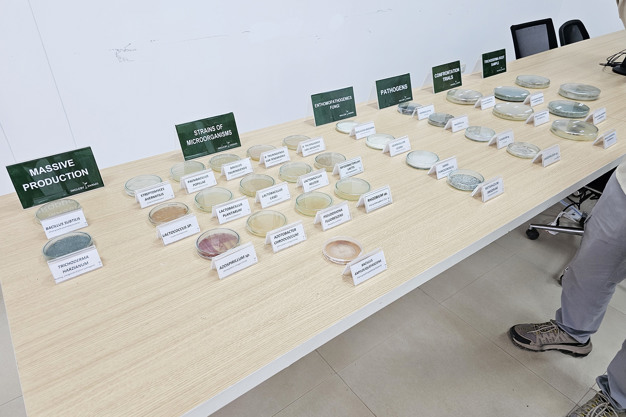
Bacteria in the laboratory.

For more information:
Isaías Segovia Romaní
Ingleby Farms – Plantaciones del Sol SAC
Torres Paz 683 Of. 401
Dep. of Lambayeque (Peru)
Tel: +51 956 097 861
[email protected]
www.inglebyfarms.com
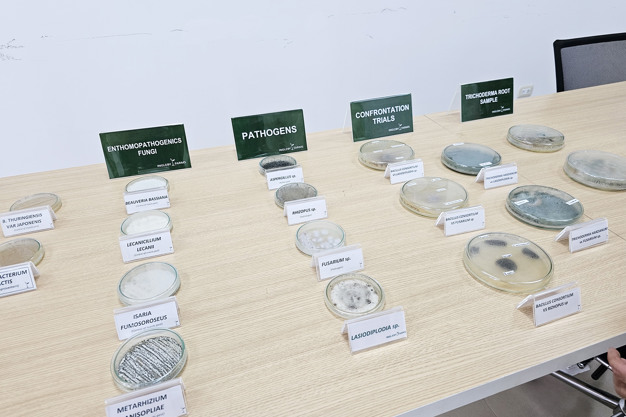
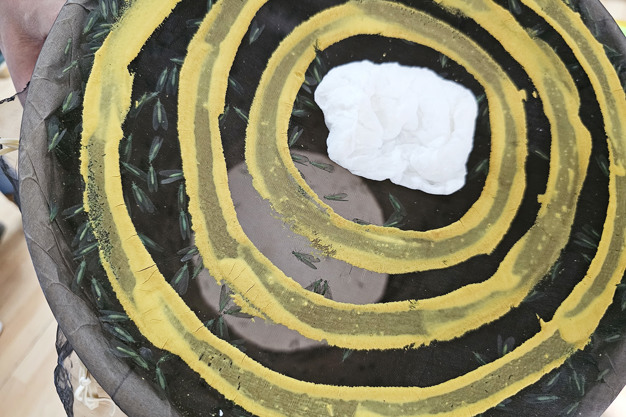
All kinds of natural enemies of harmful insects are bred in the laboratory.
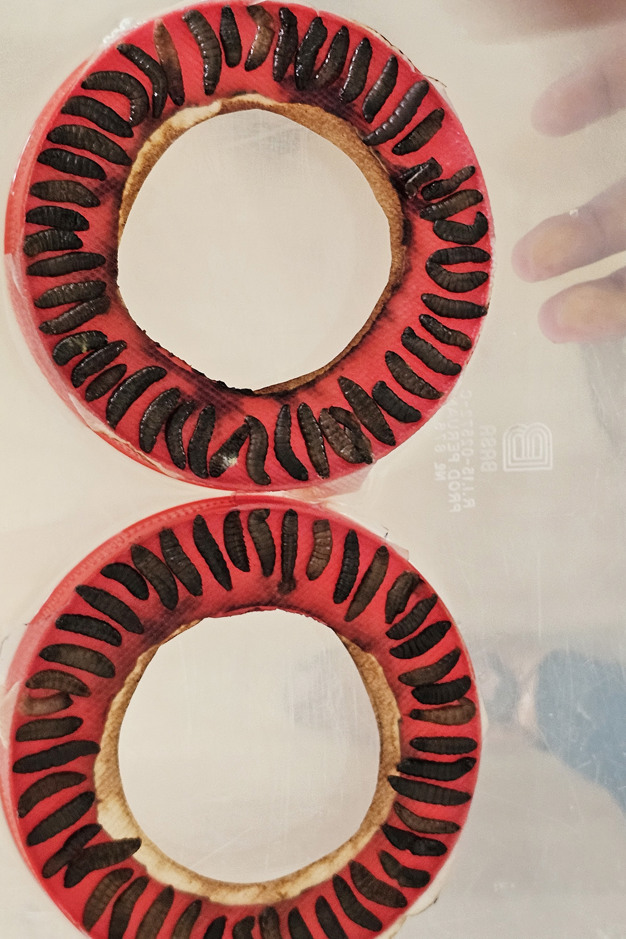
Once released, this nematode kills a harmful insect in just two minutes.
